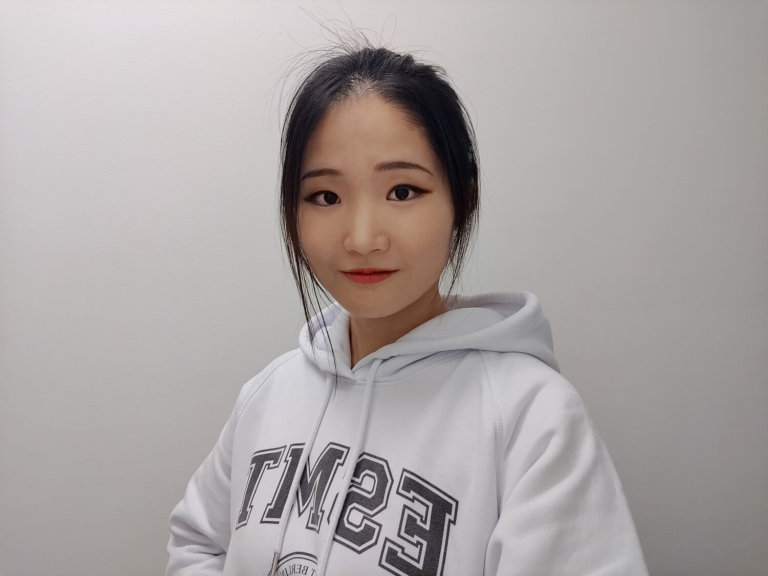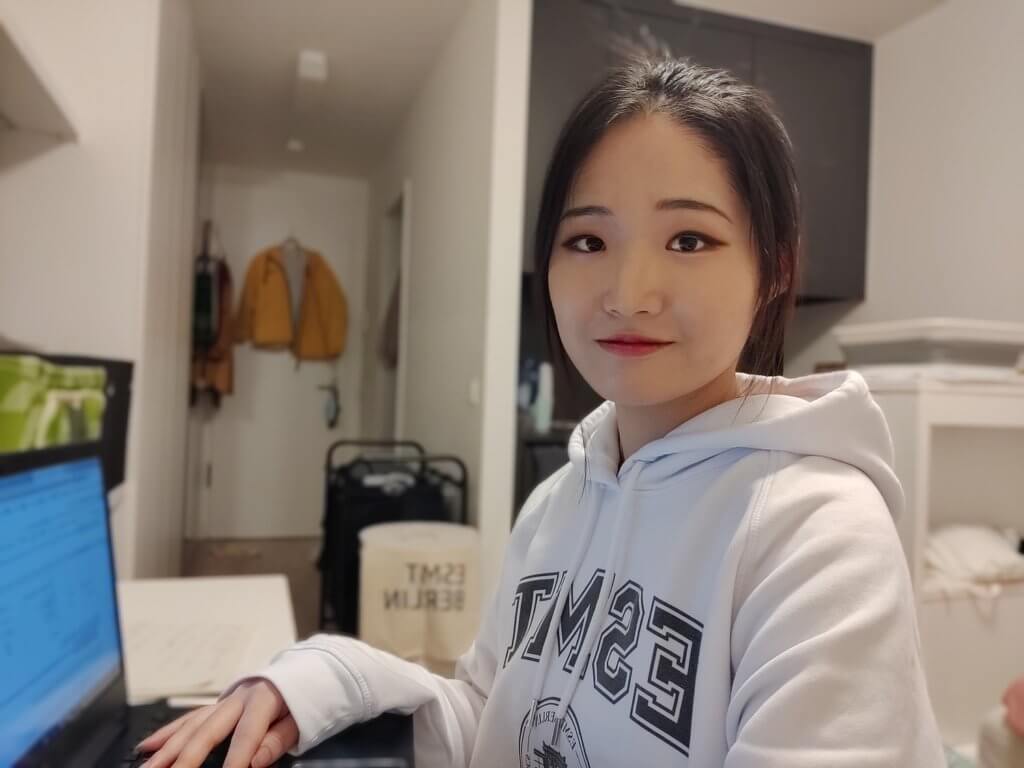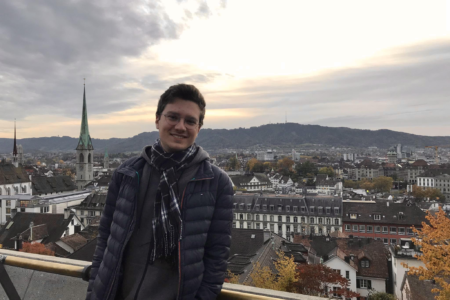
Isabel Dain Kim, from South Korea, is a student at The European School of Management and Technology (ESMT) in Berlin currently studying for her Master’s in Management — with an Innovative Management, and Global and Digital Strategy specialisation. Although she’s not German, Germany almost feels like home. Kim moved there with her family when she was in 10th grade, having lived abroad most of her young life.
While several of her friends took a few years off to work or travel before applying to graduate school, Kim wanted to make the best out of her time and decided to pursue a Master’s in Management following her undergraduate degree. ESMT was the perfect business school for her, complete with a full business-focus and well-defined curriculum. The Master’s in Management programme was the best option. “I’m more than happy with my choice!,” Kim tells us via email.
Find out more on what she has to say about getting her Master’s in Management in Berlin:
Do you think it would have made a difference if you pursued a Master’s in Management at a local institution?
Definitely. Even if I had studied in German or a Korean local institution: In Germany, it would have been very demanding for me to complete my higher education which is fully done in German; if it were at a Korean local institution, then I would have had almost no opportunity to go abroad. Just a bundle of coincidences that led me to doing my Master’s in Management at ESMT.
What has been your most memorable class so far — and why?
My most memorable class while doing my Master’s in Management programme would be the Financial Accounting class and the Intro to Statistics class. These two classes were the hardest because I’m not very good at finance or computer coding.

Kim has adjusted to having to shift her classes from on-campus to online, something that most universities have had to do due to COVID-19. Source: Isabel Dain Kim
I struggled a lot trying to catch up with all the work on time — it was a transitioning period from on-site learning to virtual learning. It was difficult to adapt to the new setting and it was fairly hectic, but I learnt a lot as I struggled.
How have your lecturers supported you in your Master’s in Management studies so far?
All the professors are fully informed about the current global situation. With regards to our classes being online, they are very considerate and patient. They don’t hesitate to provide extra help and support regardless of whether it’s before, during, or after class.
What are the practical learning elements in studying to get your Master’s in Management?
I noticed that when we learn a theoretical aspect in one area of study, the professors always give us a chance to adapt the knowledge to practice in various formats — e.g. simulation games, case studies, or research presentations.
We actively applied our knowledge in preparation for actual real-life projects in business organisations. I also get to apply the skills I learnt in extracurricular activities and clubs.
As an example, I had to structure our group’s recruitment strategy and hiring process for selecting talents as a Digital Future Summit Talent Management member. I’m looking forward to using my knowledge in my internship!
What are your academic goals with your Master’s in Management programme?
I try to set my academic goals relatively low to maintain the consistency and keep my own pace without being too pressured by other people’s grades. Keeping up with extra side work while maintaining a steady performance in class throughout my programme is my current goal. I aim to be more confident with what I learn and be professionally prepared for internship tasks.
Due to the current pandemic, the learning method changes from on-site to virtual, and the impact of social distancing and travel limitations drastically changed how I complete tasks and projects. To be successful, I had to adapt and adjust to given circumstances and improvise as I go.
Teamwork is another key skill I’m currently perfecting. Almost all the classes have group work or group discussion elements as a part of the course curriculum so I get a lot of chances to work in teams outside of classes. This helped me build my confidence and accomplishment by completing complex tasks with team members.
What are your plans after graduating from your Master’s in Management programme?
I plan to dive into a job market after graduating from ESMT with my Master’s in Management degree and perform what I have been learning in practical “real” projects. I haven’t decided which industry I would like to work in specifically but I’m currently thinking of pursuing HR, marketing or sales position.

Kim feels like Germany is a sort of a second home to her. Source: Isabel Dain Kim
What is one thing from home you miss, and how do you substitute it?
I started living abroad from a young age, so there’s not much memory left from South Korea. But I do miss a lot of my friends and family there. I try to keep in touch with them via video calls, and that helps a lot. Of course, when I miss my home food, I always have my trusty recipes to rely on.
What advice do you have for international students looking to enrol in the same course as yourself?
I’d like prospective students to challenge one’s self to be part of ESMT or whatever school they choose. Be prepared to struggle and sometimes sacrifice your free time, but I can confidently say that all your efforts will be worth it and you will not regret your choice when you put in the work.










